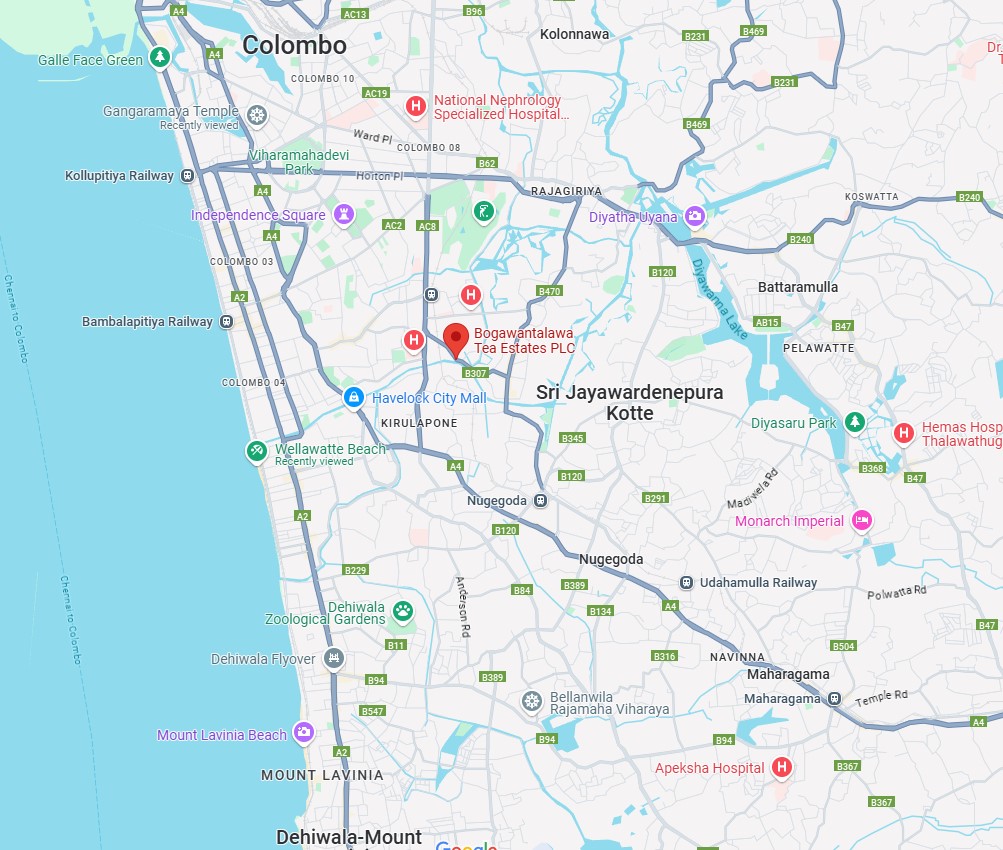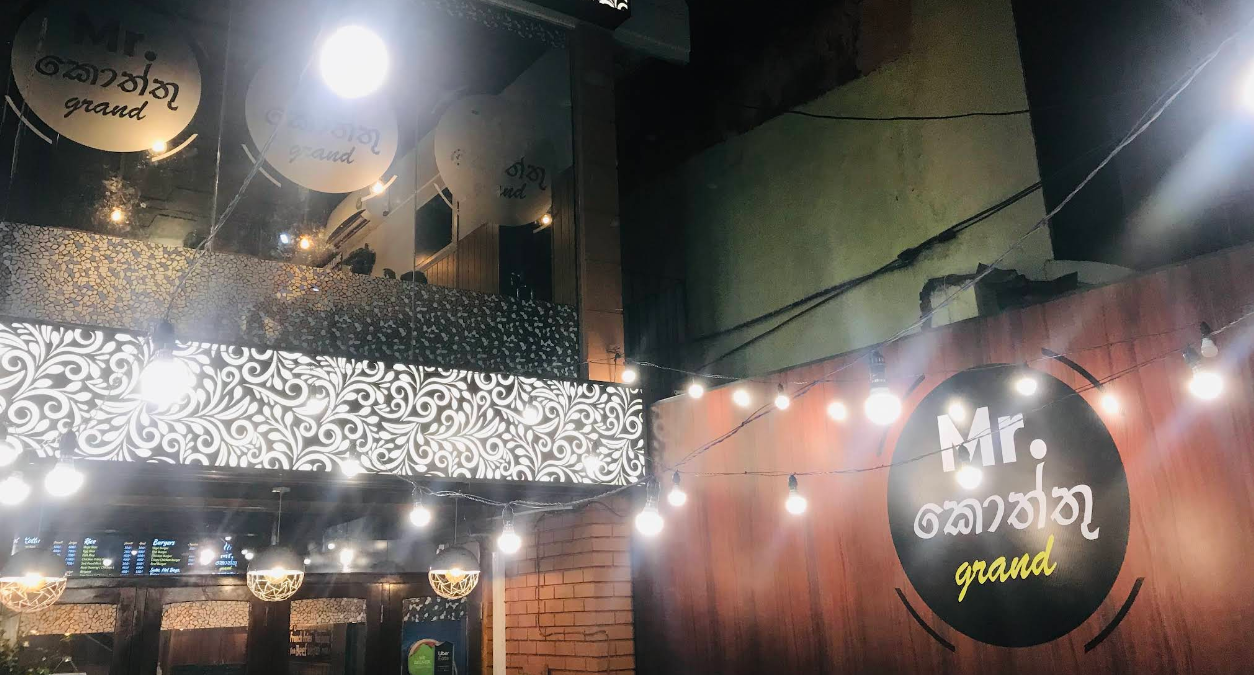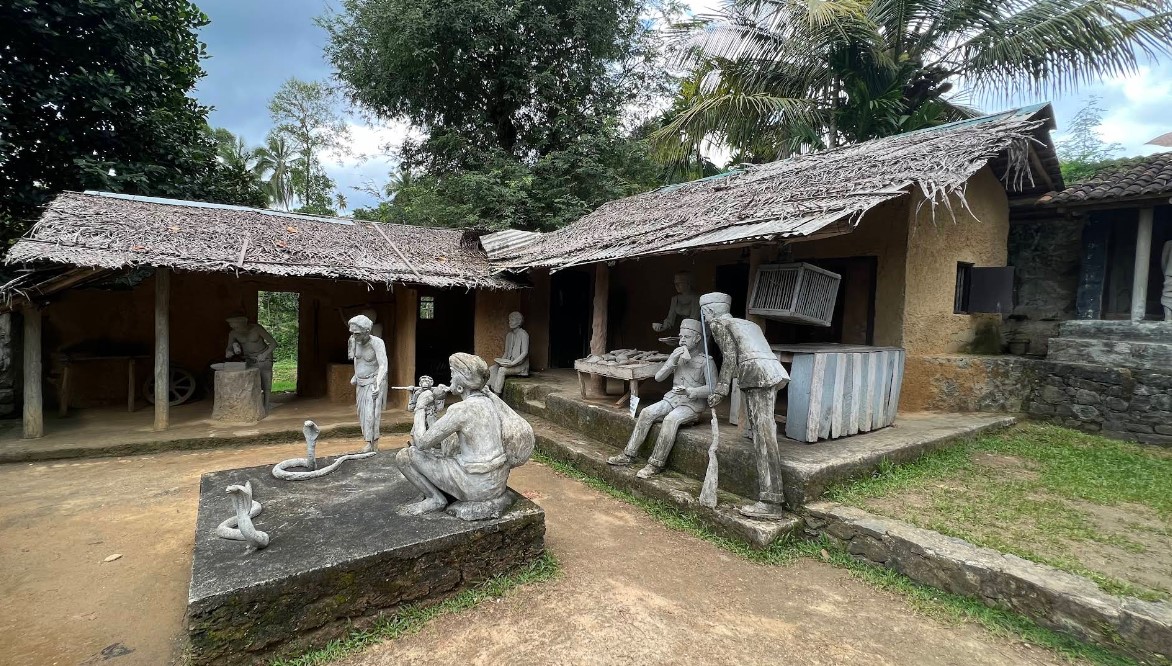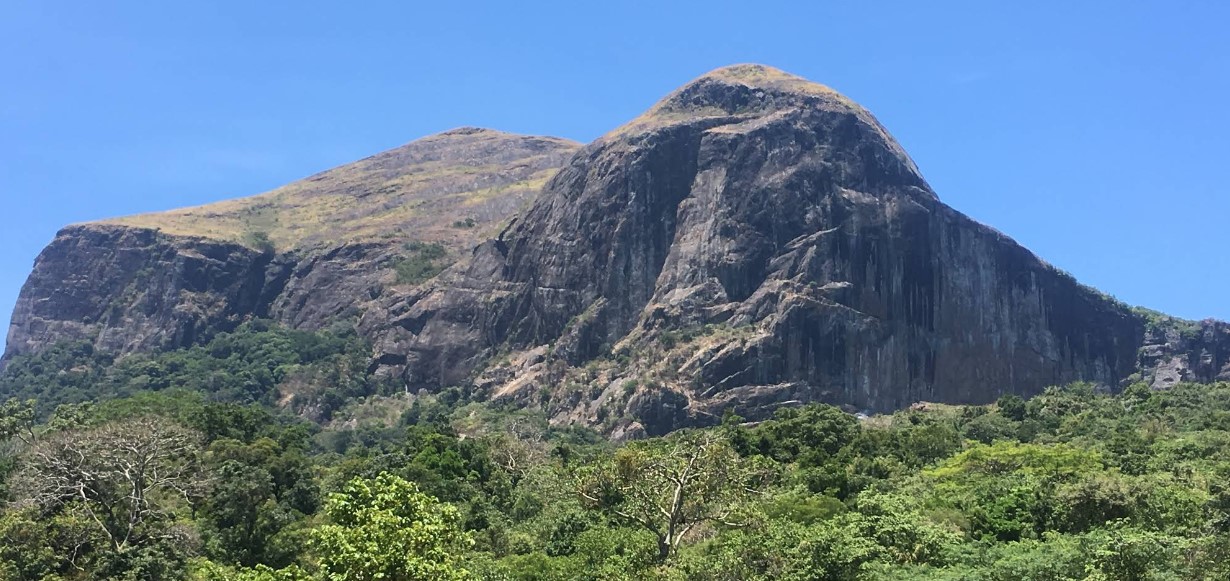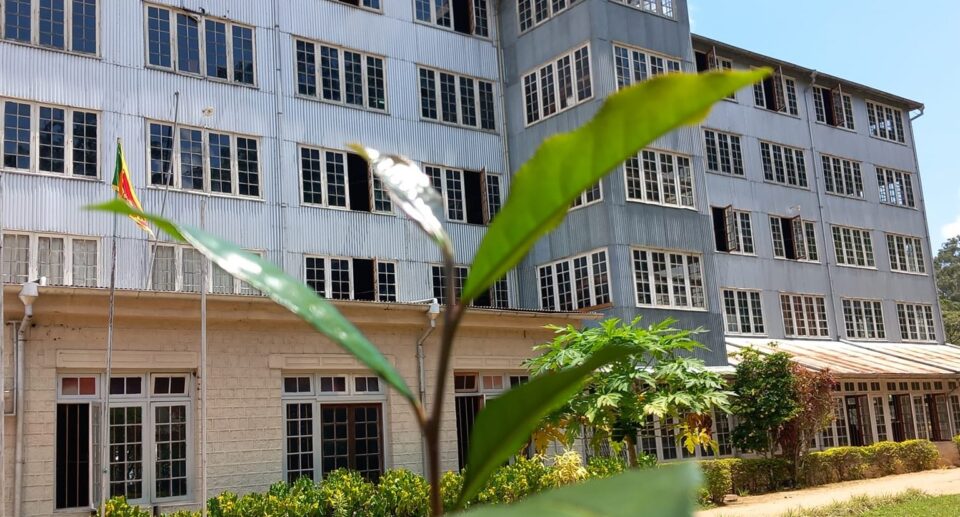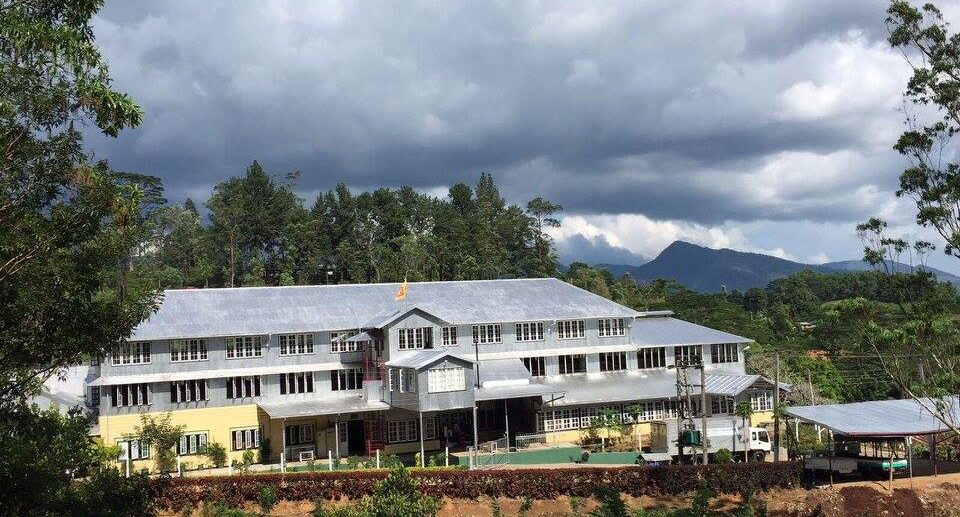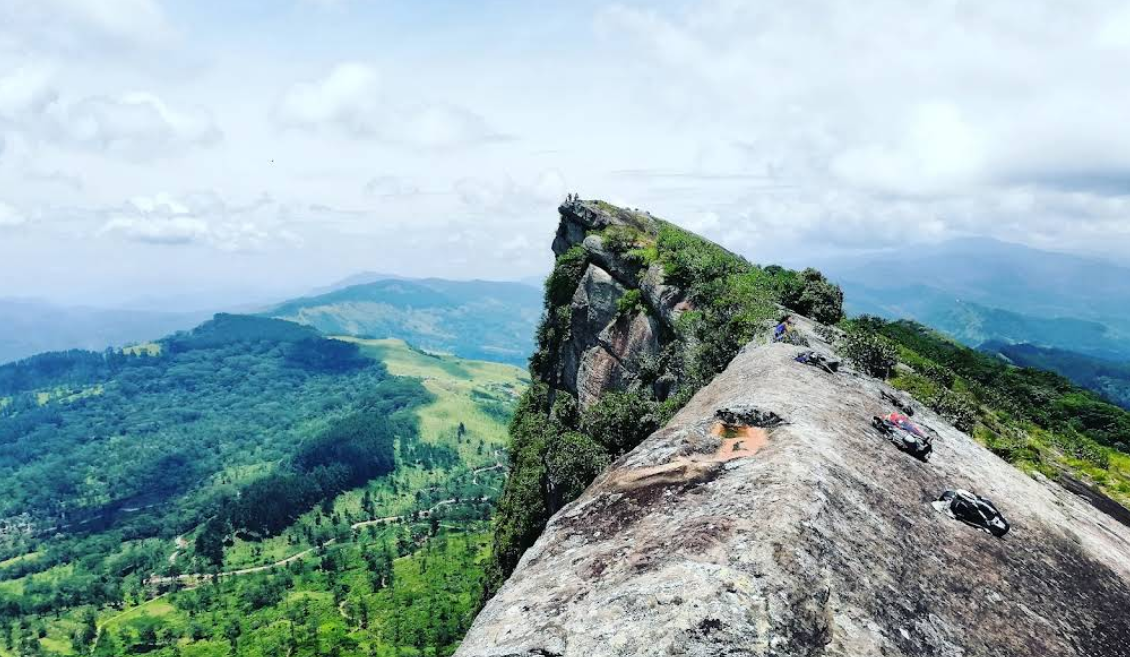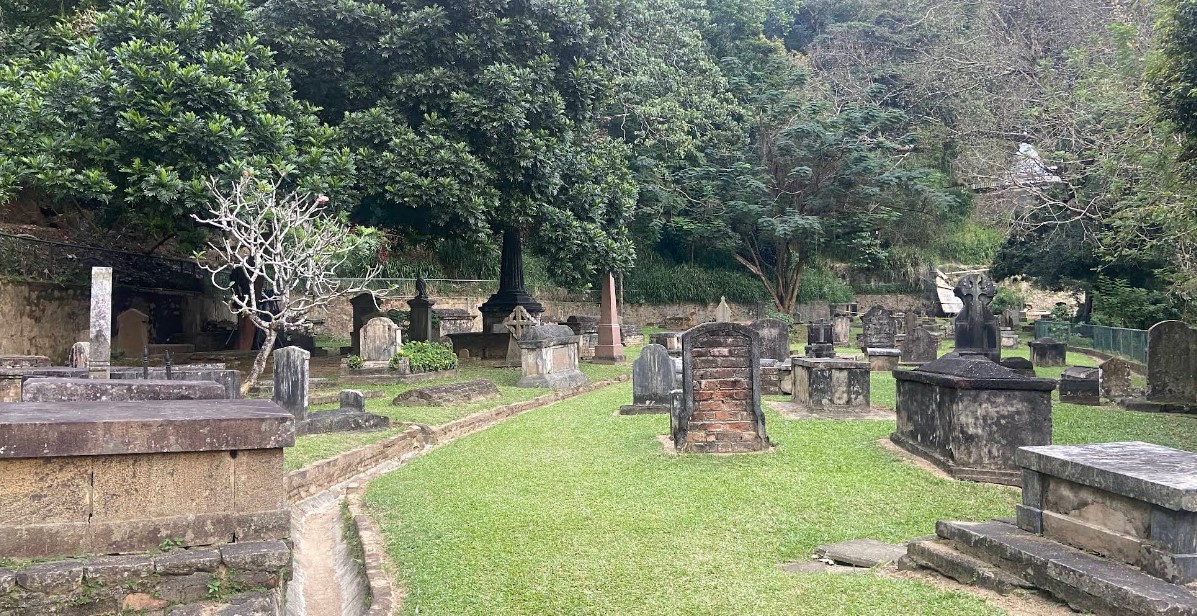Bogawantalawa Tea Estate: The Golden Valley of Ceylon Tea
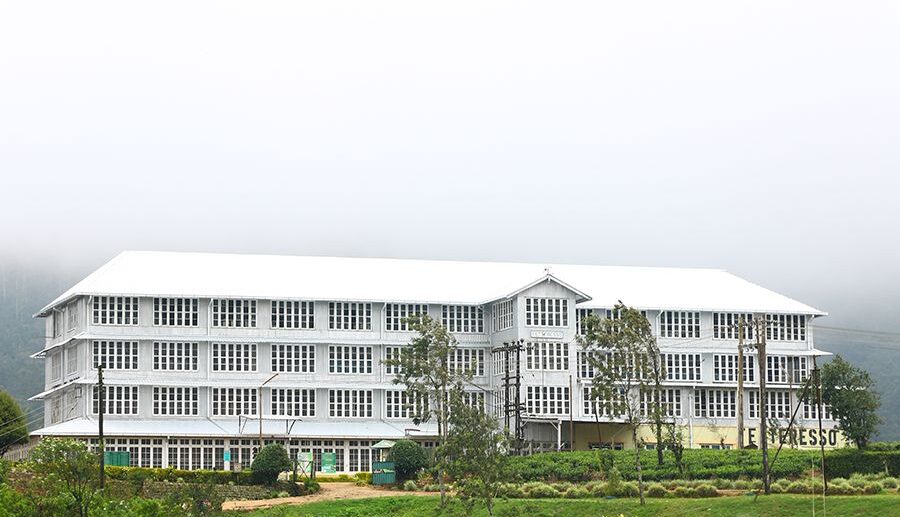
Nestled in the misty highlands of the Central Province of Sri Lanka is a lush, emerald valley named Bogawantalawa. Nicknamed the “Golden Valley of Ceylon Tea,” it is home to one of the world’s most famous tea-producing areas: the Bogawantalawa Tea Estate. With a heritage going back to the 19th century, this estate is not only a reminder of Sri Lanka’s colonial tea heritage but also a beacon of sustainable, ethical, and quality tea production in the 21st century.
A Valley Steeped in History
Bogawantalawa’s history is intertwined with the history of tea in Sri Lanka. After the coffee industry had been wiped out by a killer fungal disease in the 1860s, British planters looked for a replacement crop in tea. One of the earliest regions to develop tea with success was the fertile Bogawantalawa Valley, which is between 3,000 and 5,000 feet above sea level, offering the perfect combination of low temperatures, high humidity, and well-drained soil.
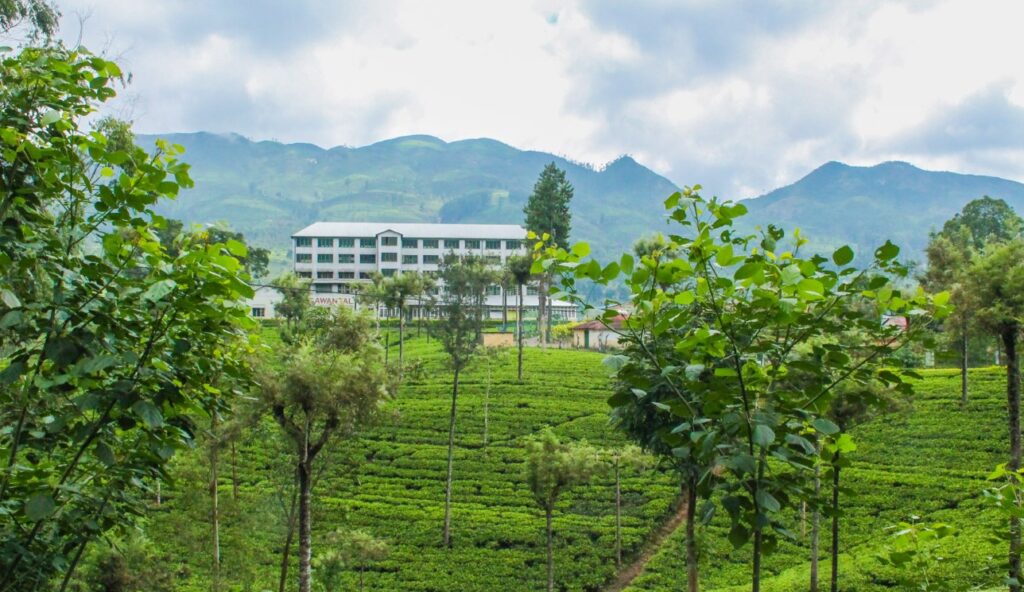
The estate was planted in the late 1800s and quickly gained a reputation for high-grown teas with a distinctly smooth flavor, subtle scent, and golden hue—qualities that would eventually win the valley its nickname. Bogawantalawa became the byword for high-grade Ceylon tea and played a significant role in Sri Lanka’s global tea fame.
Geography and Climate: Nature’s Perfect Blend
Bogawantalawa is located in Sri Lanka’s Nuwara Eliya District, one of the island’s premier tea-growing regions. Within the estate’s picturesque mountains and low valleys, it enjoys a unique microclimate. The morning mists, afternoon sunshine, and consistent rainfall throughout the year create ideal conditions for the Camellia sinensis plant, or tea, to thrive.
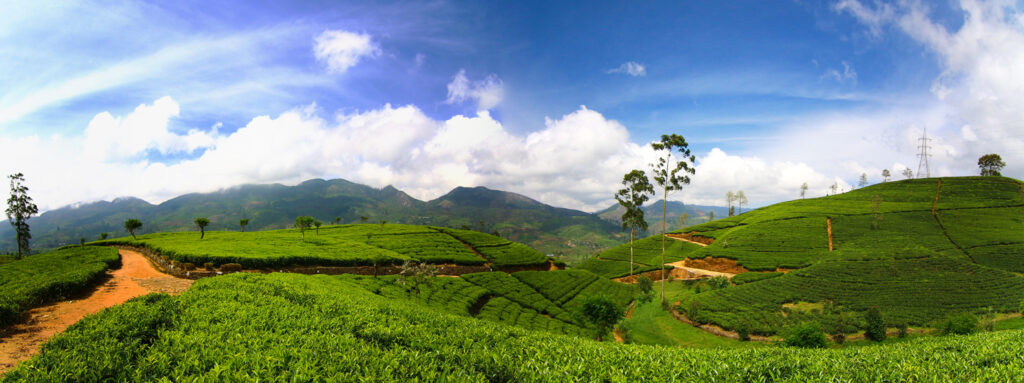
The region’s high altitude not only enhances the flavor of the tea leaves but also slows down their growth, allowing the plants to develop more complex chemical compounds. The tea is therefore highly refined in taste, being brisk, bright, and aromatic. These high-grown teas are the most prized for their quality and are utilized in premium tea blends and single-origin teas.
Sustainable and Ethical Practices
One of the strongest features of the Bogawantalawa Tea Estate in the modern day is its emphasis on sustainability and ethical production. Under the management of Bogawantalawa Tea Estates PLC, the estate has gone to great lengths to get itself aligned with global environmental and social norms.

It is one of the few tea companies globally to be climate-positive certified, absorbing more carbon than it emits. It achieved this by using reforestation, renewable energy, and sustainable agricultural methods. Solar panels, hydroelectric power, and bio-fertilizer projects reduce the estate’s footprint on the environment while improving long-term productivity.
The estate also meets international certifications such as Rainforest Alliance, Fair Trade, ISO, HACCP, and UTZ, which guarantees that its teas are not only of high quality but are also made with fair and responsible conditions.
A Focus on People: The Heart of the Estate
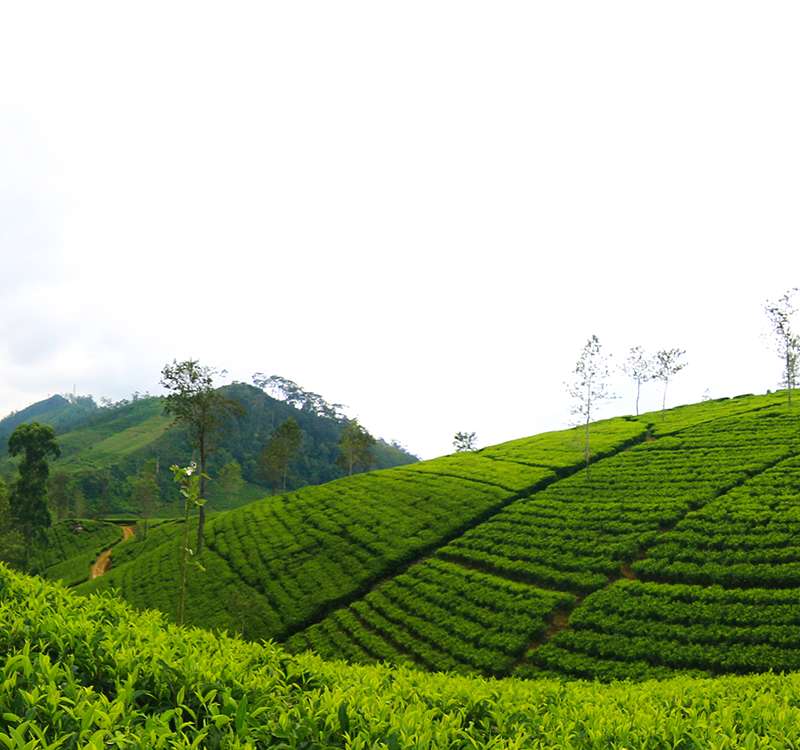
While the landscape and product are lovely, it is the people that make Bogawantalawa so special. The estate is home to thousands of workers, many of whom are descendants of Tamil workers brought to the island during British colonial times. The workers live in tight-knit communities within the estate and play a critical role in the growing and plucking of tea.
Bogawantalawa Tea Estates PLC lays great emphasis on workers’ welfare, with free housing, health, education, and childcare facilities. Women constitute a significant portion of the workforce, especially in tea plucking, which requires sensitive hands and trained eyes. The estate management works closely with workers’ unions and community leaders to ensure fair wages, safe working conditions, and empowerment programs, mainly for women and youth.
Educational facilities, vocational training, and scholarship programs are also offered to the children of estates, breaking the cycle of poverty and equipping new generations with the tools to thrive beyond the plantation.
Innovation in Tradition
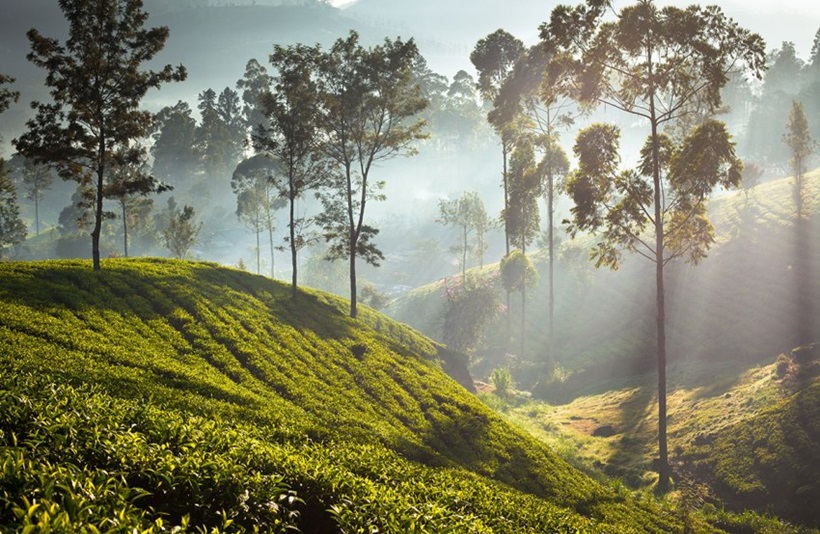
While retaining the core traditions of tea cultivation—like hand-plucking and traditional withering—Bogawantalawa has embraced modern innovations to improve efficiency and consistency without compromising on quality. From cutting-edge irrigation systems to computer-aided quality control in factories, the estate blends old-world craftsmanship with new-world science.
Bogawantalawa teas are sorted, graded, and processed in modern facilities that comply with international safety and hygiene standards. This blend of tradition and technology guarantees that every cup of tea made from Bogawantalawa leaves retains its distinctive flavor, color, and aroma—a sensation that has pleased connoisseurs for more than a hundred years.

A Diverse Range of Teas
Bogawantalawa produces a variety of tea types and grades to cater to markets worldwide. They are:
High-Grown Black Teas: Bright, brisk, and golden in color, these teas are ideal for morning blends and typically exported to the Middle East and Europe.
Green Teas: Grown under special conditions and minimally processed to retain antioxidants and nutrients.
Organic Teas: Grown without the use of chemical fertilizers and pesticides, to cater to the health-oriented market.
Specialty Teas: Like silver tips, golden tips, and flavored teas that are made with natural herbs and spices.
Every type of tea conveys the terroir of Bogawantalawa, with the subtleties dictated by the varied elevations and microclimates of the estate.
Global Reach, Local Roots
While Bogawantalawa teas find their way to over 50 countries worldwide, the estate remains deeply connected to its local roots. The majority of its initiatives are directed towards uplifting the local people and conserving Sri Lanka’s natural habitat. Tree planting drives, preservation of biodiversity, and water conservation initiatives are some of the ways in which the estate gives back to the people and the environment.
Its commitment towards corporate social responsibility has been an example for other tea estates not just in Sri Lanka but also in the whole tea world.
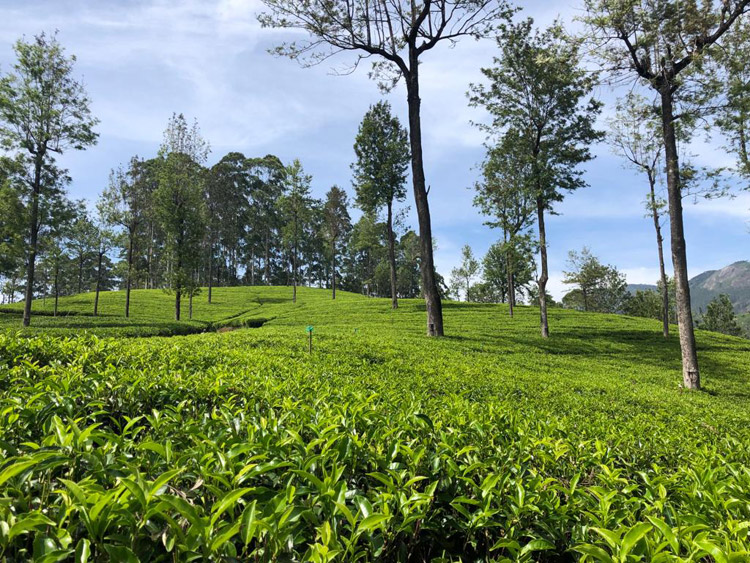
Tea Tourism and Experiences
Bogawantalawa is slowly opening to tea tourism, which is a growing trend among tourists who seek experiential holidays. Visitors are permitted to walk through the extensive plantations, watch tea pluckers at work, view tea factories, and go on guided tasting tours. The serene ambiance of the valley, along with its cool hill climate and aroma of freshly picked tea leaves, makes it a place to remember.
While not as commercialized as some other locations, Bogawantalawa’s tea trails offer authentic experiences for visitors who want to view the origins of a product that ends up in millions of teacups around the globe.
Conclusion: A Legacy in Every Leaf
Bogawantalawa Tea Estate is not just a place but a tradition of quality, compassion, and conscience. From its colonial origins to its current innovations, from the misty summits to the busy factories, every aspect of the estate stands as a witness to its commitment to excellence and sustainability.
Be it enjoyed in a London teahouse, a souk in the Middle East, or a Colombo household, a sip of Bogawantalawa tea carries with it the story of a valley, a people, and a passion that transcends generations. It is this harmony of nature, tradition, and innovation that renders Bogawantalawa the very Golden Valley of Ceylon Tea.
